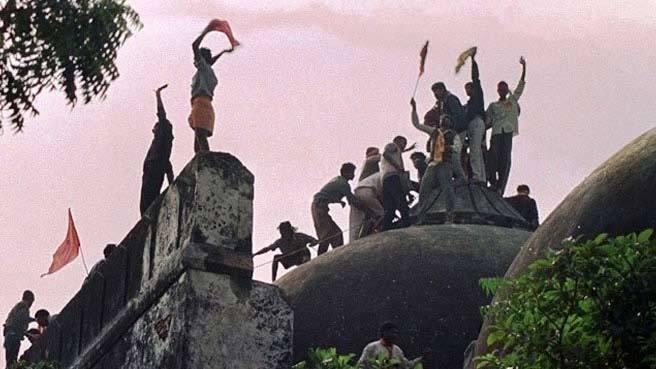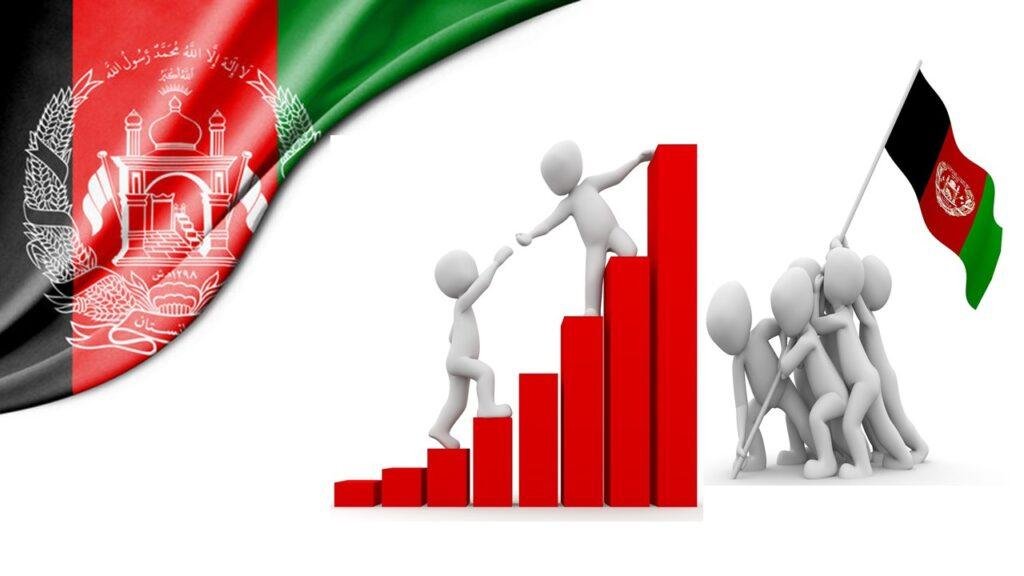Minority Rights in Pakistan: Contrasting Concerns Amidst Modi’s Potential Third Term
Pakistan’s blasphemy laws have been a subject of global concern due to their potential misuse, often leading to the persecution of religious minorities. Despite the intention to protect religious sentiments, these laws have been exploited, endangering the lives and freedoms of many individuals.
What Blasphemy Laws say
Pakistan’s blasphemy laws, primarily sections 295 and 298 of the Pakistan Penal Code, were introduced in the 1980s. They aim to safeguard religious sentiments by prohibiting insults against Islam or its Prophet Muhammad (P.B.U.H) However, vague language and lack of procedural safeguards have made these laws susceptible to misuse.
“The blasphemy law in Pakistan stipulates that any derogatory remarks or actions towards the Holy Prophet Muhammad ( P.B.U.H)whether spoken, written, or depicted, either directly or indirectly, can result in punishment ranging from death to life imprisonment, along with a fine.”
Empirical Evidences
Pakistan is known as one of the most stringent enforcers of blasphemy laws among the 71 countries that have them. Earlier this year, a 22-year-old Christian named Noman Masih was condemned to death by a local court in Bahawalpur for possessing blasphemous images on his mobile phone. Minority rights activists criticized the investigation, claiming it lacked fairness.
Similarly, Musarrat Bibi, another Christian woman, was arrested in April on charges of desecrating the Quran. The courts eventually dismissed the case after discovering that the allegations were fabricated by rivals who harbored resentment towards Bibi for her appointment as manager of a school canteen
Recent Escalations: Mujahid Colony, Sargodha Case May, 2024
On Tuesday, the Human Rights Commission of Pakistan (HRCP) issued a fact-finding report regarding the mob violence in Mujahid Colony, Sargodha, which resulted in the tragic death of a Christian man.
The incident occurred on 25th May when a mob attacked the residence of Nazir Masih, spurred by allegations of him desecrating pages of the Holy Quran. While his family was promptly evacuated by the police, Masih, aged in his seventies, fell victim to the mob’s brutality. He was severely beaten and left critically injured, ultimately passing away a week later despite efforts to save him.
The HRCP’s investigation suggests that the violence wasn’t merely spontaneous mob action but rather a targeted assault on Nazir Masih’s family, stemming from a personal dispute that was manipulated to take on a religious pretext for maximum impact. Additionally, there’s substantial evidence linking the purported instigator of the attack to the Tehreek-i-Labbaik Pakistan (TLP). Despite this disturbing revelation, the Punjab government has been accused of downplaying the incident, allegedly discouraging media coverage and failing to unequivocally condemn the violence
Cross Border (Indian) Minority Right Concerns
India, with a Muslim population of around two hundred million, holds one of the largest Muslim communities globally, although they constitute a minority within the predominantly Hindu nation. Despite constitutional safeguards, Muslims in India have historically encountered discrimination, bias, and violence since the country gained independence.
Observers note a surge in anti-Muslim sentiments, particularly during Prime Minister Narendra Modi’s tenure and the rule of the Bharatiya Janata Party (BJP), which has pursued a Hindu nationalist agenda since coming to power in 2014. Following Modi’s reelection in 2019, the government has implemented contentious policies criticized for overlooking Muslim rights, curtailing religious freedoms, and aiming to marginalize millions of Muslims. Incidents of violence against Muslims have reportedly increased during Modi’s leadership, sparking domestic protests and international condemnation.
Some analysts monitoring India anticipate that Modi’s reelection in 2024 could exacerbate religious divisions within the nation, further deepening existing tensions.
Between 1987 and 2016, Pakistan saw 1,472 individuals charged under its blasphemy laws, with Muslims comprising 730, Ahmadiyya 501, Christians 205, and Hindus 26, according to the Centre for Social Justice. Despite Christians making up just over 1 percent of the population, they accounted for 13.9 percent of blasphemy cases
Discriminations faced by Muslims
The representation of Muslims in parliament has remained stagnant over the past two decades, with only 5 percent of seats held by Muslims after the 2019 elections. This is partly attributed to the dominance of the BJP, which, as of mid-2022, had no Muslim members in parliament. Additionally, a 2019 report from the India-based NGO Common Cause revealed that half of surveyed police officers displayed anti-Muslim bias, resulting in reluctance to intervene in crimes against Muslims. There is widespread impunity for those perpetrating violence against Muslims, with instances of courts and government bodies overturning convictions or withdrawing cases implicating Hindus in attacks against Muslims.
Citizenship Amendment Act 2019
In December 2019, the Indian parliament approved and Prime Minister Modi signed into law the Citizenship Amendment Act (CAA). This legislation facilitates expedited citizenship for migrants belonging to Hindu, Sikh, Buddhist, Jain, Parsi, and Christian communities from Afghanistan, Bangladesh, and Pakistan.
Critics argue that the law is discriminatory as it excludes Muslims and introduces a religious criterion for citizenship for the first time. Conversely, the Modi government contends that the law aims to safeguard vulnerable religious minorities who have faced persecution in these three Muslim-majority nations.
National Register of Citizens (NRC)
The NRC in Assam, and proposed nationwide, requires individuals to prove their citizenship, disproportionately affecting Muslims who may lack documentation. This has led to fears of statelessness and persecution among Muslims.
Case of Jummo &Kashmir 2019
Modi’s administration has significantly reduced the political autonomy of what used to be India’s only Muslim-majority state, Jammu and Kashmir. In August 2019, the government divided the state, located in the contested mountainous border region with Pakistan, into two separate territories and revoked its special constitutional privileges.
Following this move, Indian authorities have imposed strict measures on the rights of individuals in the region, often citing security concerns. They have implemented internet shutdowns on eighty-five occasions in 2021 alone, targeted journalists with harassment and arrests, and detained prominent political leaders and activists.
Protests over Islamophobic rhetoric 2022
In May 2022, inflammatory remarks made by two BJP officials regarding Prophet Mohammed (P.B.U.H) ignited widespread protests throughout India and drew condemnation from Muslim-majority nations. The BJP took action by suspending the officials in response to the outcry. However, tensions escalated further the following month when two Muslim individuals murdered a Hindu man who had expressed support for one of the BJP officials. The perpetrators recorded and shared the attack online, exacerbating the already volatile situation.
Ram Mandir Temple Hostilities 2024
In 2024, tensions flared surrounding the inauguration of the new Hindu temple in Ayodhya by Prime Minister Modi ahead of India’s general election. The temple, constructed on the site where the Babri Masjid mosque was demolished thirty-one years earlier, symbolized a significant event in India’s religious and political landscape. While the temple’s completion was scheduled for the end of 2024, supporters of the BJP and Hindu mobs rallied in support of its construction.
However, this fervor led to communal violence and clashes across India’s northeast, highlighting the deep-seated tensions surrounding religious identity and historical grievances in the country.
“The idea was that if you were a Muslim, you were liable to be attacked anywhere, anytime.”
Ghazala Jamil, Assistant Professor, Jawaharlal Nehru University

Conclusion
Under the Modi government, there’s a growing concern that efforts to establish a Hindu supremacist state would further marginalize over 250 million Muslim citizens, both in law and in daily life. Attacks on Muslims have surged, including alarming increases in lynching incidents and assaults on Muslim places of worship by Hindu extremist groups associated with the ruling party, often with tacit support from local authorities.
During his election campaign, Modi’s rhetoric against Muslims was more direct and dehumanizing than in previous speeches. The BJP’s campaign stoked fears among the Hindu majority, portraying a victory for the opposition as potentially leading to Muslim dominance.
In one instance, Modi suggested that if the opposition Indian National Congress were to win, they would distribute the property and gold of the people to Muslims, using divisive language that aimed to stoke religious tensions and sow mistrust among communities.
Lorem ipsum dolor sit amet, consectetur adipiscing elit. Ut elit tellus, luctus nec ullamcorper mattis, pulvinar dapibus leo.



